A roundup of my reading of Australian literature during a long road trip around the country.
I recently completed a two-and-a-half month road trip around Australia, starting in Sydney and travelling around the perimeter of the country (with a quick drive down into the centre for Alice Springs and Uluru, as well as flights to Tasmania and the Torres Strait Islands) before returning to Sydney again.
The distances, of course, were enormous. Everyone knows Australia is huge, but somehow the true scale of it didn’t hit home until I found myself in the wide open spaces of Western Australia and the Northern Territory, where you can drive for days without seeing any human habitation beyond a few isolated road houses and servos (petrol stations). Traffic thins out to the occasional campervan and a few enormous “road trains” (lorries with three or four trailers tacked onto the back). Out there, other drivers started lifting a finger from the wheel to greet me as I passed, not to signal anything in particular but just to acknowledge the presence of another human being in this enormous and potentially hostile space. Here’s a stat to put it in perspective: if Western Australia were a country by itself, it would be the tenth largest in the world.
Luckily, I absolutely loved it. The feeling of vast skies and wide-open horizons has always given me a sense of possibility and wellbeing. And although the landscape was often pretty much the same flat, dry scrub for days on end, I found myself paying more attention to the small differences. The very sameness of it prompted me to pick out the subtle changes in vegetation or topography.
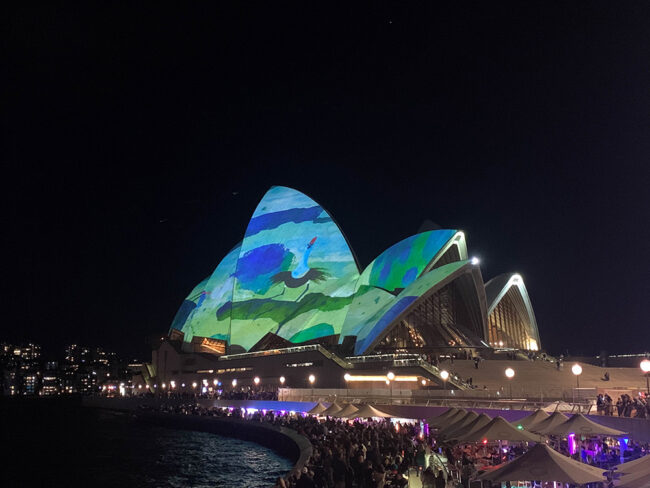
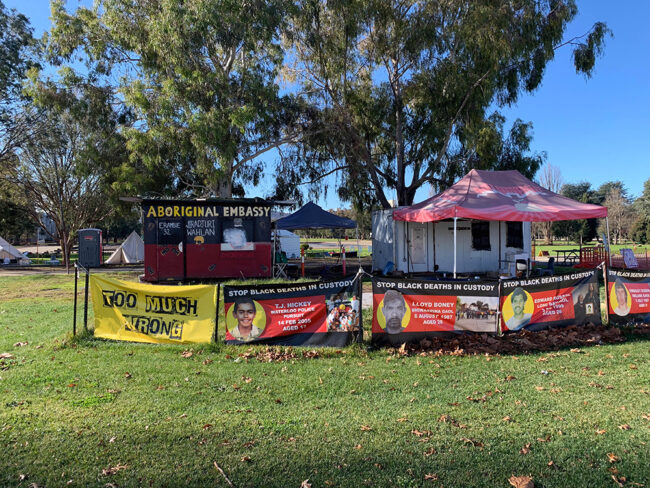
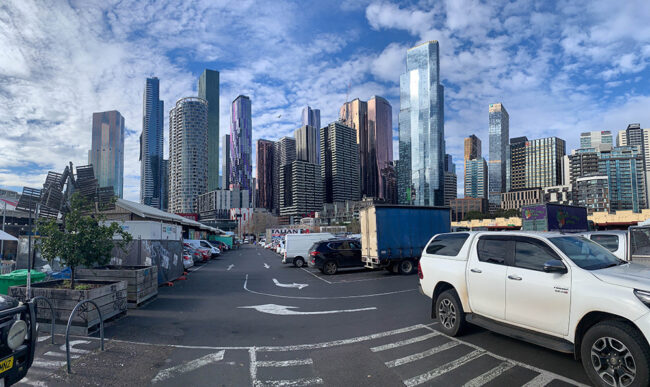
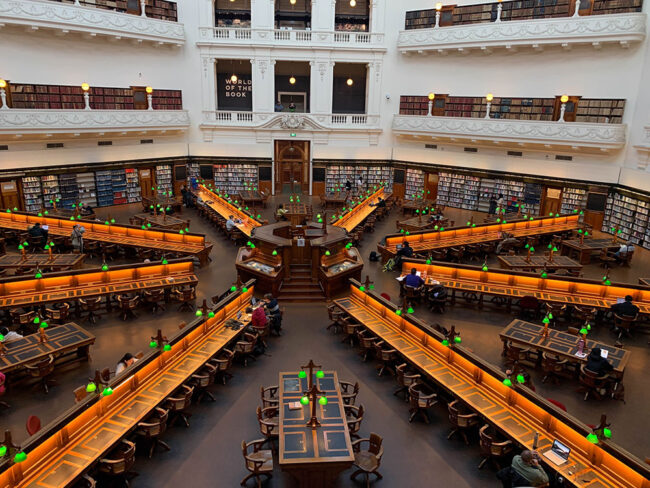
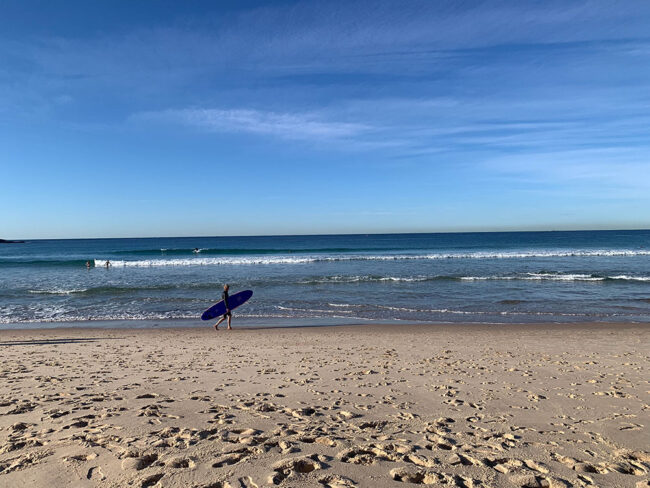
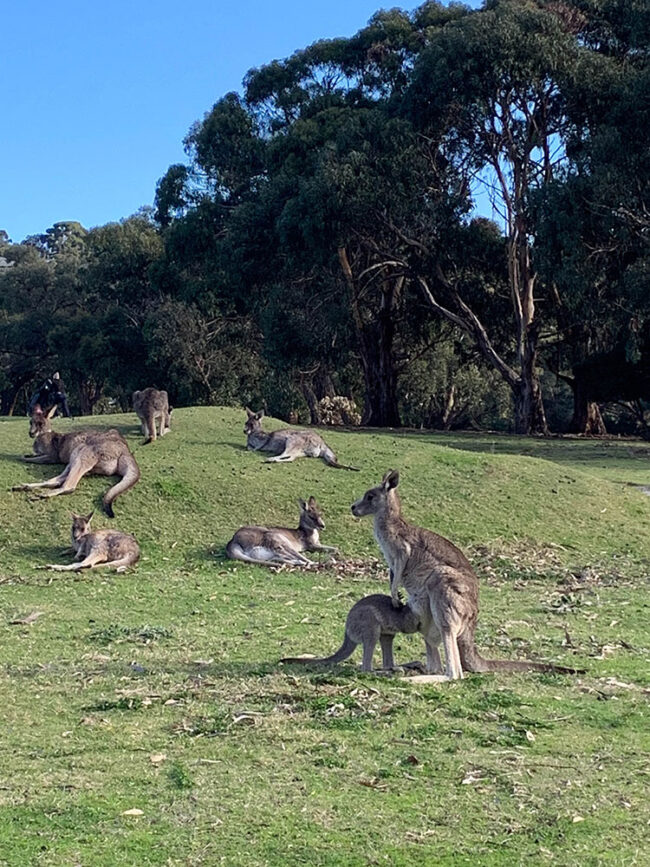
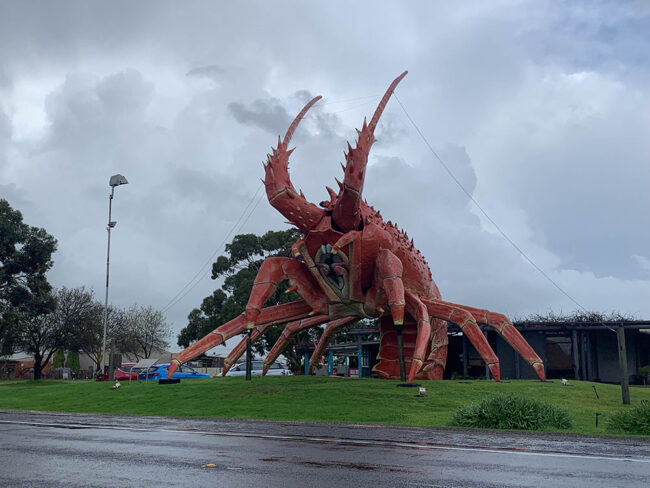
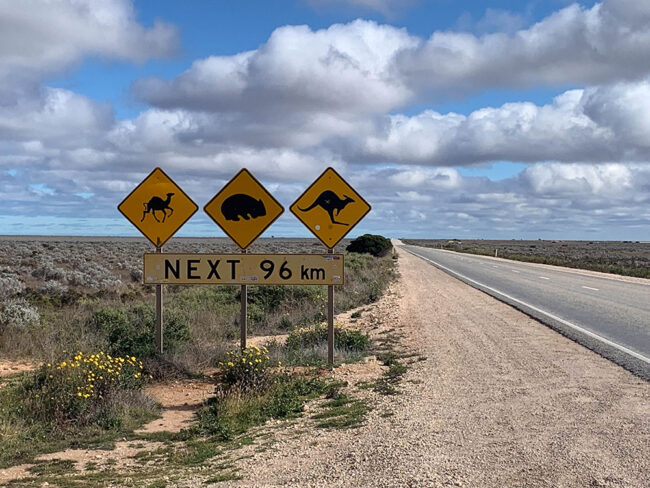
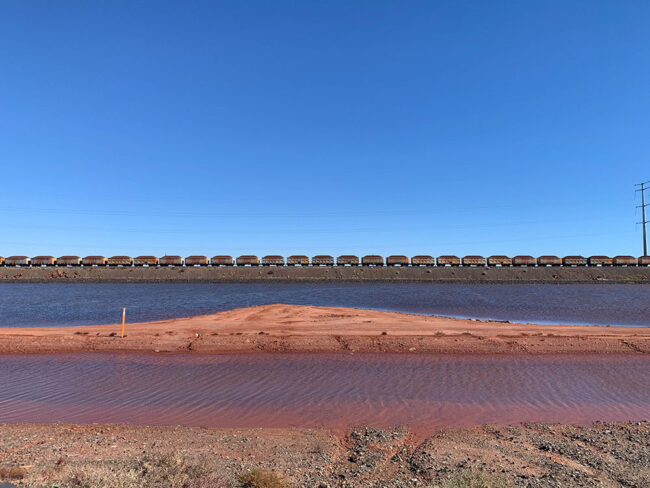
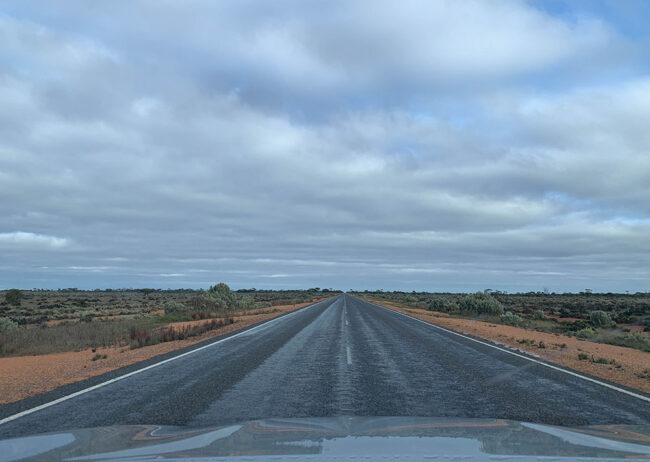
With so many days of driving along arrow-straight roads for hundreds of kilometres on cruise control, audiobooks really came into their own. It was a good chance to sample some Australian literature. So, inspired by Emma’s suggestion, here’s a roundup of the Australian fiction and non-fiction books I listened to as the miles and the hours and the time zones rolled by.
Where the Fruit Falls by Karen Wyld
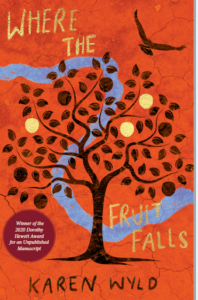
This is a poetic family saga spanning generations of Aboriginal women. We see Brigid trekking across the country to help her twin daughters escape from the welfare department officials who want to take them away to be brought up by white families. We see those twin daughters, one dark-skinned and one light-skinned, trying to navigate the racism and assumptions of those around them as they grow up. It’s a novel with plenty of magical realist elements, and sometimes the magic trumped the realism a little too much for my personal tastes, but it was a powerful and thought-provoking novel nonetheless.
The Narrow Road to the Deep North by Richard Flanagan
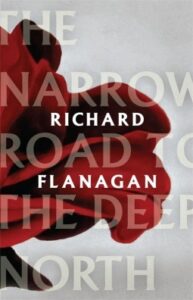
I picked this one for my roundup of the best books I’ve read so far in 2023, but it would also make it onto a list of the best books I’ve read, full stop. It’s bleak and beautiful, heart-wrenching and occasionally hopeful. It’s a story about lost love, surviving war and brutality, handling trauma, and so much more. The audiobook was voiced by Flanagan himself, and his simple, flat, understated narration complemented the prose perfectly.
The Yield by Tara June Winch
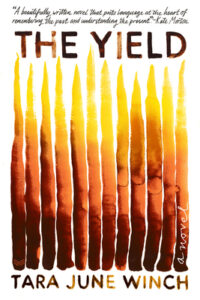
In a heavily colonised space like modern Australia, where Aboriginal and Torres Strait Islander cultures and languages were systematically suppressed and denigrated for generations, how do you recover the fragments of an almost-lost culture and piece them back together for a new generation? The Yield explores these questions as August Gondiwindi returns to Australia from the UK for her grandfather’s funeral and tries to help her family deal not only with grief but also with the impending loss of the family home to a mining company. She finds a surprising solution in the dictionary of their people’s dying language that her grandfather was compiling in his final days.
The Dry by Jane Harper
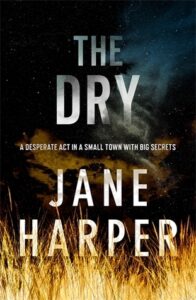
Regular readers of this blog will know that I’m not a big reader of crime fiction. But Jane Harper’s novel The Dry provided a welcome change of pace and was perfect to listen to on a long road trip. The mystery was well constructed, the characters were compelling, the writing was strong, and the resolution was satisfying: unexpected but also plausible. It’s really two mysteries in one: an apparent murder-suicide in the present and a teenage girl’s unsolved murder in the past, two crimes which may or may not be connected. And the fact that one of the police officers investigating the present-day crime is a suspect in the past one provides a nice extra twist.
The Secret River by Kate Grenville
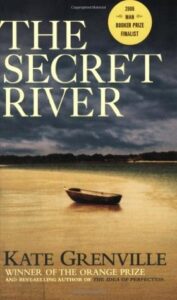
Will Thornhill grew up poor in London, stole to keep his family alive, and was caught and sentenced to transportation to the new British colony in New South Wales. So when he and his wife Sal see a chance to acquire land on a wild stretch of the Hawkesbury river, it feels like a dream come true. They work hard and make incredible sacrifices to forge a future for their children. But what they refuse to acknowledge is that their dream comes at the expense of the Aboriginal people who already inhabit this stretch of river. At some point, the Thornhills’ dream must come into open conflict with the long-established lives of the original inhabitants.
It’s a very powerful way of fictionalising a formative moment in the history of Australia, and as readers we get the usual benefits of good fiction: the ability to stand in the shoes of all sides in a conflict and see things from multiple perspectives. Grenville doesn’t minimise the brutality of colonialism—far from it. By making the colonisers into sympathetic characters, she denies us an easy escape and forces us to confront the ways in which good people will do terrible things within a brutal, inhuman system.
Cloudstreet by Tim Winton
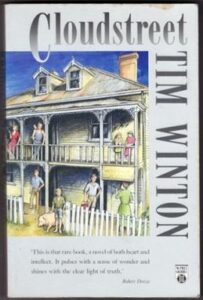
This was a recommendation by fellow writer Barry Walsh, although on the morning when I was about to tell Genie about it, she told me that she’d already lined up a book for us to listen to, and it turned out to be this book! What are the chances?
Anyway, I loved this sprawling saga of two working-class families sharing a house in Perth from the 40s to the 60s. It was very funny in places, very sad in others, and beautifully observed throughout. It’s one of those books that you’re sad to put down because you’ve got to know the characters so well by that point.
The White Girl by Tony Birch
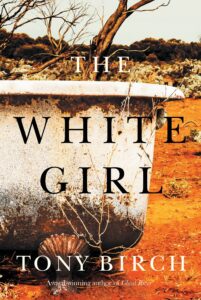
I loved the premise of this one: an Aboriginal mother makes her fair-skinned daughter try to pass as a white girl to evade the authorities. Like Where the Fruit Falls, this novel explores the horrific impacts of racism and the Australian government’s policies on Aboriginal people during the long decades of the Stolen Generations. I found the first novel more successful, though. This one had some great features, but also too many times when the characters’ actions felt forced or unrealistic. I’m happy I read it, but I wouldn’t whole-heartedly recommend it to others.
Dark Emu by Bruce Pascoe
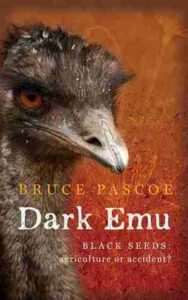
I was planning to read more Australian non-fiction, but I was enjoying the novels so much that this turned out to be the only one. The book overturns the traditional view of Aboriginal people as hunter-gatherers with no particular attachment to particular lands, showing us instead the extent to which Aboriginal people shaped the land in complex and innovative ways. This was farming, but it didn’t look like the farming that Europeans knew, so they claimed that Aboriginal Australians had no claim to the land—a convenient position to take, of course, since it’s much easier to justify taking land from nomadic hunter-gatherers than from settled populations whose attachment to particular tracts of land often stretched back longer than the existence of European nations.
Limberlost by Robbie Arnott
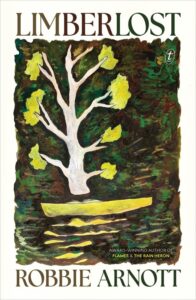
A teenage boy spends a summer in rural Tasmania shooting rabbits and pursuing his secret dream of buying a boat. That’s the basic plot of Limberlost, and it sounds quite dull, but this is a novel where there’s so much going on under the surface. The boy’s father and older sister are terrible communicators, so it makes sense that so much of the emotional drama in this book goes unspoken, but we pick up on it as readers through the small but telling details that Robbie Arnott allows us to see. There are strong undercurrents of fear and isolation, of worries about the boy who’s gone off to war, the fate of the struggling orchard and more. And the skilful way in which Arnott flashes forward to much later periods in Ned’s adult life shows us the impact of this summer on the rest of his long life and gives the book a much wider resonance.
Song of the Sun God by Shankari Chandran
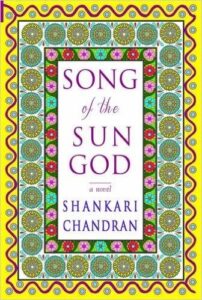
My final Australian novel was actually set mostly in Sri Lanka—it’s another multi-generational family saga, but this time the family is from Colombo, and only in the later sections does one branch move to Sydney. The book explores the impact of a horrific civil war on ordinary people. Because of the huge scope of the book and the way it jumps around and skips forward constantly, I didn’t feel a strong attachment to many of the characters, but I admired the way Chandran was able to weave so much of the politics and history of a nation into the story of a single family.
What are Your Favourites From Australian Literature?
So that’s it for my two and a half months of reading Australia. Have you read any of these? And I’m aware that this is just scratching the surface of Australian literature, so I plan to read more later. Do you have other recommendations? Let me know in the comments.
By the way, if you want to discover more about Australian literature, I can recommend ANZ LitLovers LitBlog, particularly the First Nations Literature Reading List.
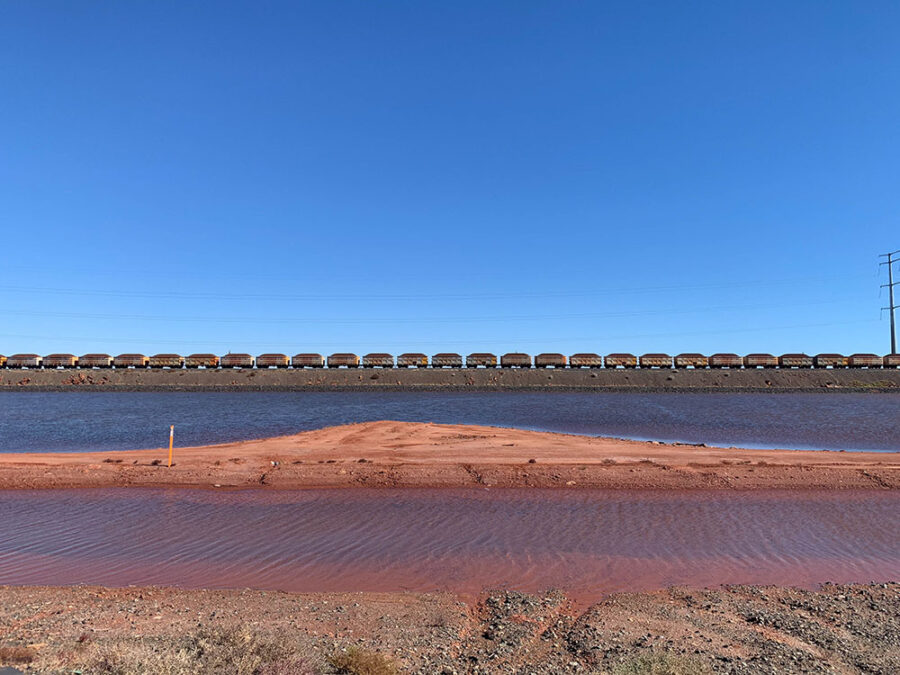
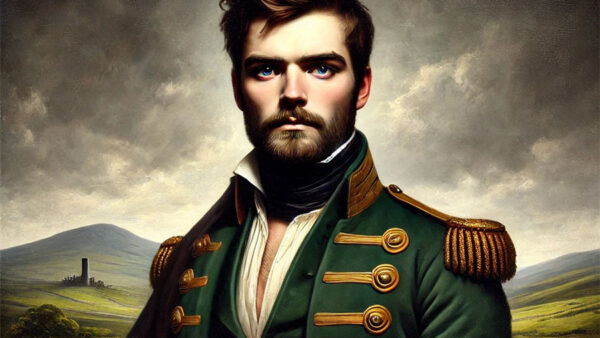
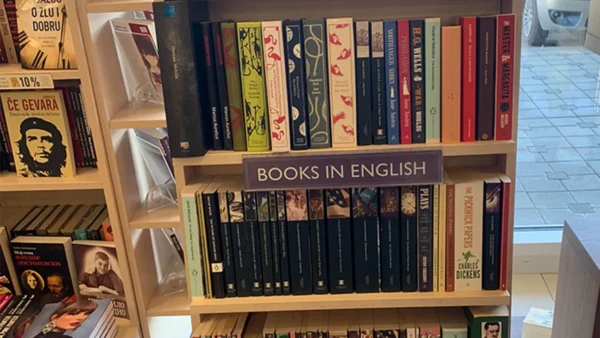
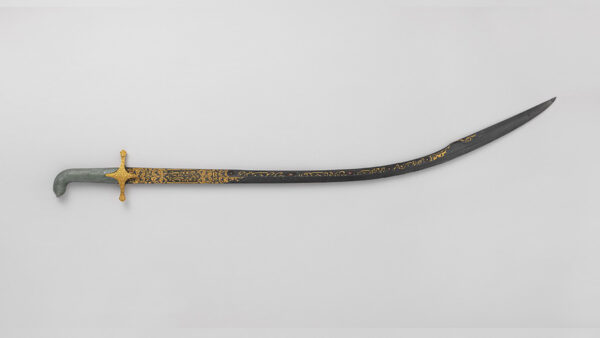
There are 5 comments
I haven’t read Cloud Street but Dirt Music by the same author is the best novel about the Australian countryside I’ve read, although Evie Wyld’s After the Fire, A Still Small Voice is also very powerful. Meanwhile, for insight into urban Australian life I really enjoyed Big Little Lies and The Slap.
Marcie (Buried in Print) recommended I take a look at your blog. I spend my life these days driving around Western Australia, having spent up until recently driving around the whole country. I love being out in the desert and as you say, it’s the small variations that are so interesting (you really should come back right now for wildflower season).
Sadly, I have read and disliked most of the books you have listed, though I’ll get the Wyld if it’s on audiobook. Would recommend Alexi Wright’s Carpentaria if you have any more long drives.
Bill Holloway
What a great time you’ve had, exploring off and on the page. It was probably an inspiring trip for writing reasons too. I’ve only read three of the books on your list (WHAT a coincidence with Genie having the same Winton in mind!) although I’ve read a couple of different ones by authors you included. I echo Bill’s recommendation of Carpentaria; it requires focus and patience but rewards lastingly. I also loved Witi Ihimaera’s Maori Boy (and even though his Whale Rider is intended for younger readers, I loved it too).
Wow, what an amazing trip you had and some good books too by the sound of it! Are you back home now?
I’m there with you on “The Narrow Road to…”. Discovered your site and reviews after searching for some commentary on a Borges story. I last read any Borges several lifetimes ago and have had it marked to re-read for some time and to widen my experience beyond his fiction. A few weeks ago I began watching a TV program AMATEOTW (A Murder at the End of the World) and all other viewing and reading ground to a halt as I descended into the Labyrinth of metaphor, circles within circles, wordplay, visual clues, homage to literature, myth and the equivalent within certain genres of film. I was aided further with the community of reddit and discord. Ostensibly a cosy murder mystery, the short limited series of 7 episodes is everything but that, and simply that what which it claims to be. A commentary on the ills our society faces from global warming, billionaires, AI, a lost generation addicted to tech, society at two minutes to midnight, patriarchy, trauma… It’s all there and tied in with the Complete Works of Borges. Borges is there every step of the way. Along with Henry James (another master of creating circles within circles) and a host of other writes such as Gibson. So if you should fancy a change of medium and can invest 7 hours of your time I heartily (there’s a referential pun there) recommend you dive in. It will spur you on in your Borges journey. And to rewatch some classic Kubrick, Lynch, even Robert Altman. I’m now a follow on Goodreads and will take a look at your own works shortly.